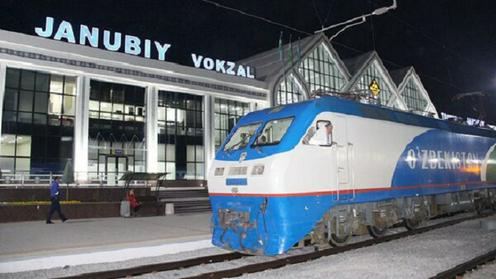Facilities and land plots related to railways, including stations and rolling stock, are now permitted to be transferred to entrepreneurs for management, modernization, and construction under public-private partnership (PPP) conditions. This provision is included in the «Railway Transport» law, which President of Uzbekistan Shavkat Mirziyoyev signed on November 27.
As stated in the document, objects can be transferred to businesses under lease, ownership, or use rights for the duration of a concession or PPP agreement.
Owners of non-public railway tracks have the right to provide paid services for passage, parking, delivery and removal of wagons and containers, as well as conduct cargo operations. Tariffs in this case will be regulated within the framework of competition legislation.
It is known that currently, more than 40 ministries and departments, their enterprises, as well as entrepreneurs working in this field are owners of railway transport infrastructure.
The law also stipulates that wagon operators and passenger carriers can independently set prices for their services based on market principles. This applies to the provision of freight wagons and transportation on high-speed and very high-speed trains. The state will continue to control tariffs for regular public trains.
However, if a private company incurs losses due to ticket prices set by the state, for example, to maintain market competitiveness, a compensation mechanism from the republic's budget is provided. As «Gazeta.uz» reports, during the discussion of the law, Senator Kobul Tursunov estimated that covering such losses in 2025 would require 1.7 trillion soms (over $132 million).
The document states that it aims to deepen economic reforms, create conditions for entrepreneurial activity in the transport sector, widely attract foreign investments, and improve international cooperation in railway transportation. The law introduces more than a dozen new concepts: wagon (container) operator, hand luggage, public railway infrastructure operator, and others.
It is noted that most provisions of this regulatory act will come into force in six months — from May 29, 2025.










